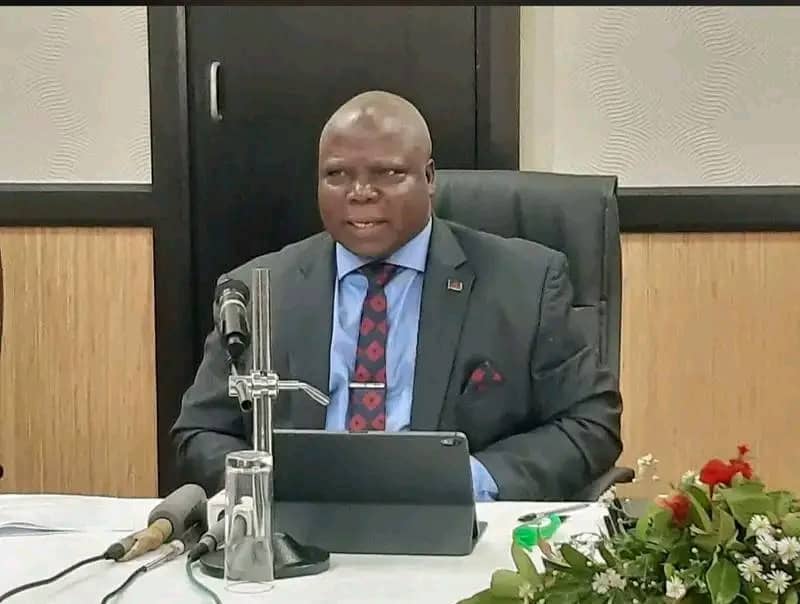Copyright nyasatimes

The Malawian government has rolled out one of the toughest austerity directives in years, imposing sweeping expenditure control measures that slash fuel entitlements, freeze recruitments, suspend vehicle purchases, and cut embassy staff — signaling deep fiscal distress and a government desperate to rein in spending. The circular, issued on November 6, 2025, by Chief Secretary to the President and Cabinet, Dr. Justin Adack Saidi, lays bare the financial strain the government faces and underscores how tight the noose has become around public spending. The directive, sent to all controlling officers, heads of departments, and chief executive officers of parastatals and state-owned enterprises, demands immediate implementation of the austerity package for the entire 2025/2026 financial year. Among the harshest measures is a complete moratorium on the purchase of new government vehicles and high-value assets. No new cars are to be bought — not even for top officials — without express clearance from the Office of the President and Cabinet. Recruitment across the civil service has also been frozen, except in essential and critical sectors. This blanket hiring suspension will likely worsen the already dire staffing shortages in health, education, and other frontline services. Even promotions are no longer automatic. Any officer from Grade F and below will now need explicit Treasury and Department of Human Resource Management and Development (DHRMD) approval before being promoted — a process often bogged down by bureaucracy. Fuel entitlements for public officers — including ministers, deputy ministers, and senior officials — have been slashed by 30 percent with immediate effect. The government says the cut is part of efforts to curb wastage, but insiders admit it reflects a severe cash flow crisis that has crippled state operations. In a striking move, the circular also announces a drastic reduction in diplomatic staff, limiting each embassy to not more than five officials, including the ambassador or high commissioner. This downsizing could have major implications for Malawi’s diplomatic presence abroad, effectively shrinking its foreign footprint and limiting international engagement at a time the country needs foreign investment and aid most. The government also ordered an aggressive review of all mineral contracts, warning that any mining licences idle for more than five years shall be revoked. Observers say this could be a veiled move to claw back idle concessions but also risks unsettling investors if not handled transparently. Ministries, departments, and agencies have been told to stop costly travel and conduct virtual meetings whenever possible. Even board meetings, procurement negotiations, interviews, and workshops must now be done online or within office premises. The Chief Secretary further reminded all controlling officers to personally verify and approve payroll submissions, in a thinly veiled warning against ghost workers and payroll fraud — a persistent problem that drains billions from the public purse every year. The memo paints a grim picture of a government cornered by its own economic realities. The measures — while framed as fiscal discipline — expose the depth of Malawi’s financial troubles, compounded by ballooning debt, falling donor confidence, and a weakened kwacha. Critics argue that while controlling expenditure is necessary, these blanket restrictions risk suffocating service delivery and morale in the civil service. “This is not austerity — it’s desperation dressed in bureaucracy,” said one economist, speaking on condition of anonymity. “When a government starts cutting fuel for ministers and grounding vehicle purchases, it signals that the treasury is running on fumes.” Dr. Saidi’s memo concludes with a stern warning: controlling officers, heads of departments, and CEOs of parastatals shall be held responsible for ensuring strict adherence to the expenditure control measures. But as the directive ripples through government systems, questions linger: how did the fiscal situation deteriorate this far? And how long can the state operate under such suffocating restrictions before the strain breaks public service delivery altogether? For now, Malawi’s bureaucracy has been put on a forced diet — one that reflects the stark truth: the government is broke, and the belt-tightening has only just begun.



